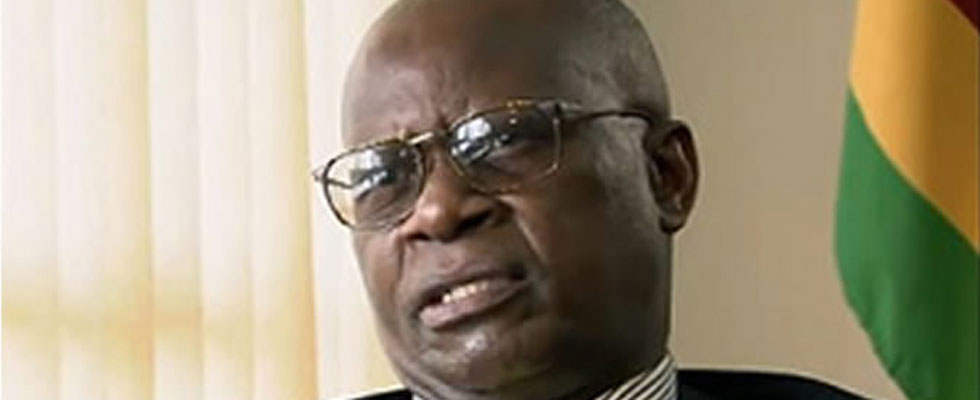
Finance minister Patrick Chinamasa said on Thursday the country will stick to an IMF monitoring programme, that could pave way for the country to clear its debts, as the economy grapples with chronic power cuts and a crippled manufacturing sector.
Zimbabwe is still emerging from a decade of economic decline and hyperinflation, but the economy is stuttering in the aftermath of a disputed election in July, that has extended President Robert Mugabe’s 33-year rule.
Harare began an International Monetary Fund-led staff-monitored programme in June which, if successful, could help it clear US$10 billion in external debts, and give it access to new credit lines from international lenders.
Under the programme, which is set to run until December, it is expected to implement a raft of economic reforms.
“We are committed to the programme,” Chinamasa said.
He said he would travel to Washington this weekend to assure IMF officials there that Harare will continue with the programme.
Consumers in the southern African nation have experienced electricity blackouts lasting up to 16 hours a day in recent weeks, which state-owned power utility Zesa attributes to maintenance work on its ageing power generating plants.
Energy and Power Development Minister Dzikamai Mavhaire said this week the only long-term solution to the power crisis was to invest in new plants, which will require billions of dollars and take time to build.
- Chamisa under fire over US$120K donation
- Mavhunga puts DeMbare into Chibuku quarterfinals
- Pension funds bet on Cabora Bassa oilfields
- Councils defy govt fire tender directive
Keep Reading
Zimbabwe has a peak demand of 2 200 MW of electricity, but only has a supply of 1 167 MW, including imports from Mozambique.
The electricity crunch has hit the manufacturing and agriculture sectors, where output has fallen, although mines have largely been spared. Zimbabwe has the second-largest platinum reserves in the world after South Africa, as well as one of the biggest diamond deposits and large quantities of coal and gold.
“We are in the intensive care unit,” local media quoted Charles Msipa, head of the Confederation of Zimbabwe Industries as saying at the Wednesday launch of a report on the state of manufacturing, which showed many firms were operating at a third of capacity.Reuters











